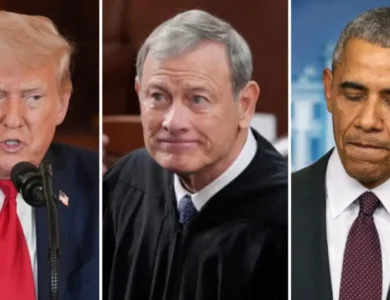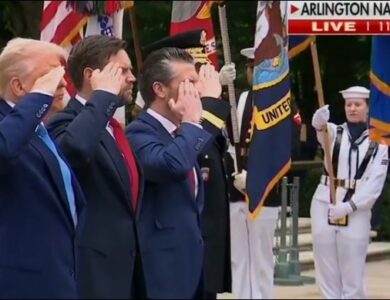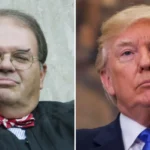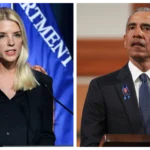DNI Gabbard Makes Big Move Following Intel Leaks To Press
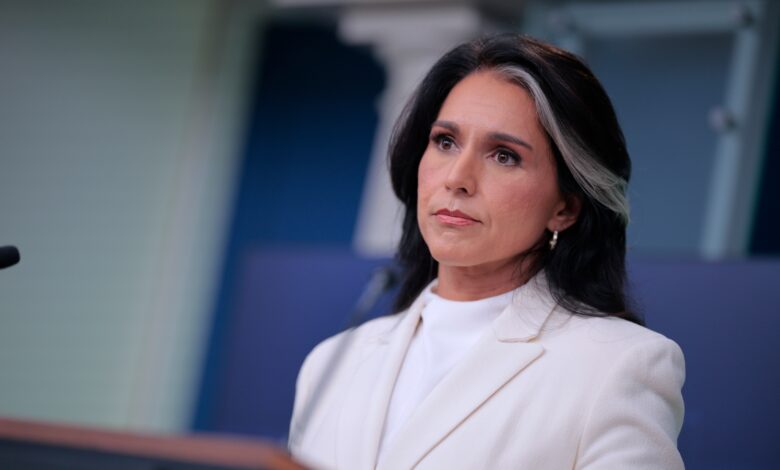
Director of National Intelligence Tulsi Gabbard has instructed U.S. intelligence agencies to evaluate the feasibility of conducting random polygraph tests for employees and contractors, according to officials familiar with the directive.
The proposed tests would include questions aimed at determining whether individuals have leaked classified information to the media, part of a broader effort to strengthen internal security and prevent unauthorized disclosures, Just the News reported.
The directive, issued within the past month, follows similar actions by multiple federal agencies that have implemented polygraph testing to help identify unauthorized leaks to the media.
The move also comes in the wake of former FBI Director James Comey’s indictment by a federal grand jury last month on charges that he made false statements to Congress after denying that he leaked information to reporters.
Two sources told CBS News that Gabbard’s memo specifically highlights polygraph questions related to potential media leaks and indicates that such testing will become more frequent and routine across the intelligence community.
An official from Gabbard’s office said the directive does not establish new policy but instead reinforces existing rules and legal authorities governing the protection of classified information.
“Since the start of President Trump’s second term, we have seen numerous unauthorized disclosures of classified information, which have the potential to damage U.S. strategic alliances and credibility and endanger sources and methods vital to intelligence gathering,” DNI spokesperson Olivia Coleman told CBS News.
“The fact that deep state actors leaked information about DNI Gabbard’s directive, aimed at preventing leaks and protecting classified information, to the media is both deeply ironic and a powerful reminder of why her efforts to identify and deter leakers is urgently necessary,” she added.
An official with the Office of the Director of National Intelligence (ODNI) told CBS News the review was prompted by internal findings suggesting that the decline in polygraph examinations may have emboldened former U.S. intelligence officials to spy for foreign adversaries.
The official declined to provide additional details about the study or its timing but stressed that Director Tulsi Gabbard’s directive does not mandate additional screenings at this stage, the outlet added.
The directive reflects a return to a more aggressive counterintelligence posture reminiscent of the Obama administration’s approach following the massive leak of classified information by former NSA contractor Edward Snowden.
In 2014, then–Director of National Intelligence James Clapper ordered agencies to question applicants and employees about whether they had shared classified information with journalists, according to documents obtained by McClatchy Newspapers through a Freedom of Information Act request, noted CBS.
Both the Obama and George W. Bush administrations faced criticism for their efforts to identify leakers, including FBI investigations that targeted government sources and the use of the Espionage Act—a World War I-era law designed to prosecute spies—to charge officials who provided classified material to the press.
Those administrations also expanded the use of polygraph testing and authorized the seizure of reporters’ and officials’ phone and email records as part of leak investigations, said CBS.
Earlier this year, Gabbard said she had made two criminal referrals to the Justice Department, with a third forthcoming, involving cases of alleged unauthorized disclosures — including an illegal leak to The Washington Post about the Venezuelan criminal organization Tren de Aragua.
While Gabbard’s directive largely reaffirms existing legal statutes and policies implemented by previous administrations, it is expected to draw renewed scrutiny over press freedoms and the relationship between journalists and government sources, said CBS.
Critics have long argued that such policies risk creating a chilling effect on communications between national security reporters and whistleblowers.
Free press advocates have also questioned the use of the Espionage Act — a law originally intended to prosecute spies and traitors — to bring charges against officials accused of leaking information to the media, CBS noted.

